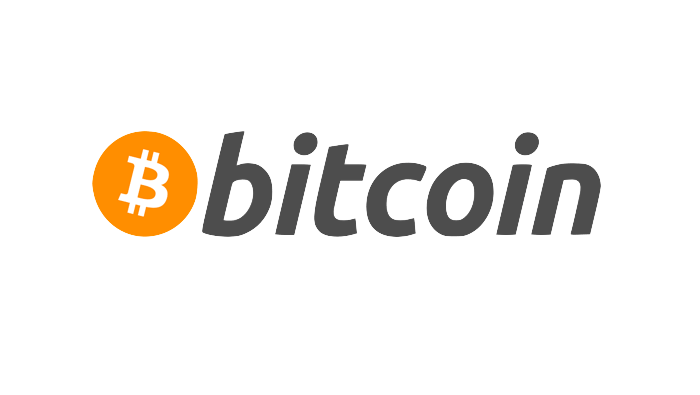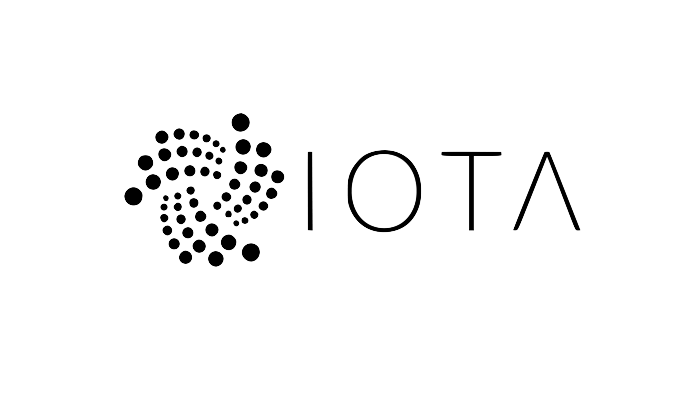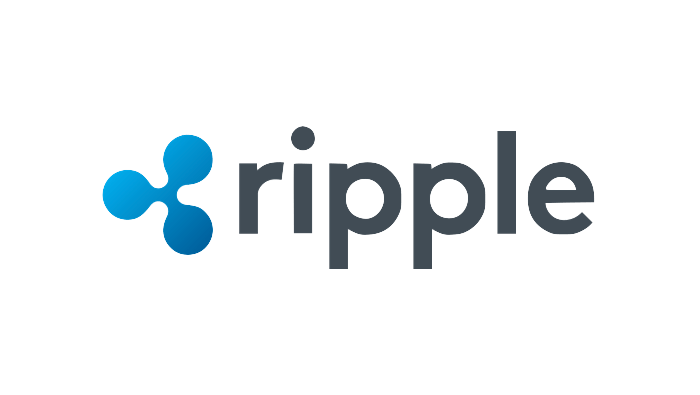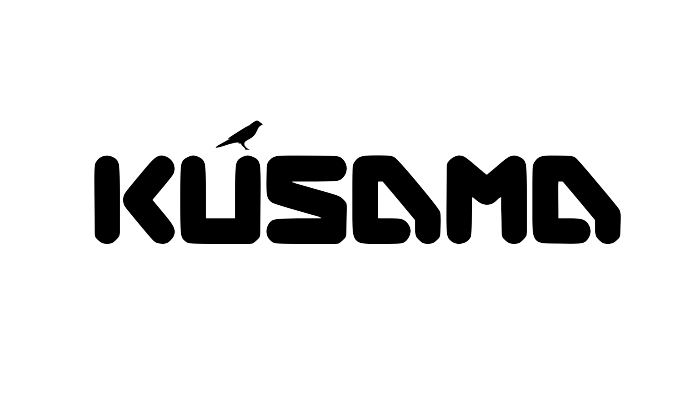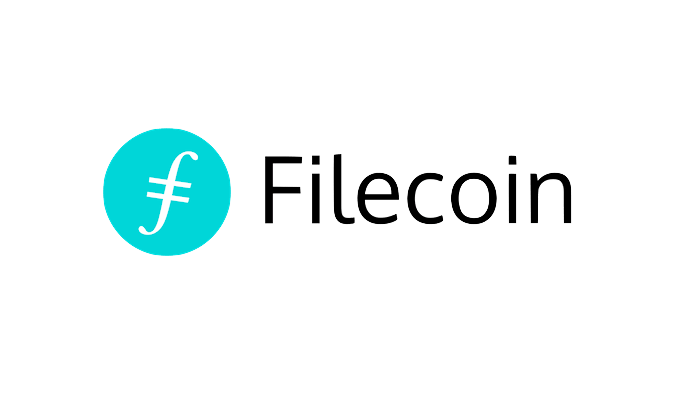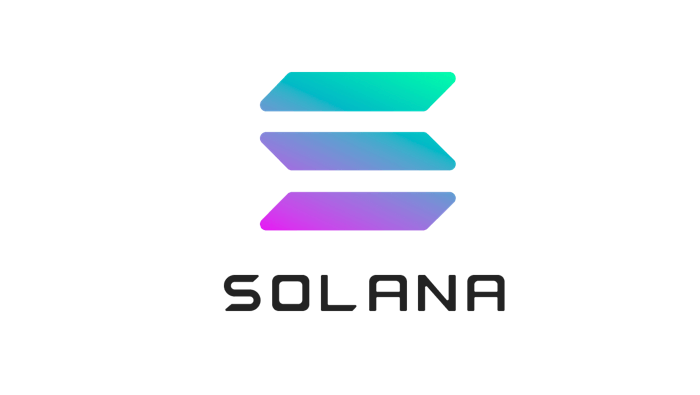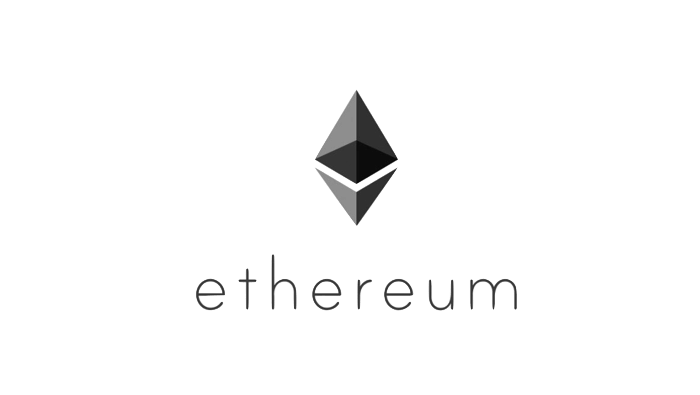
WHAT IS ETHEREUM (ETH)
Ethereum is an open source blockchain, decentralized and public, which hosts Ether (ETH), one of the most important virtual currencies in the world, the second most used cryptocurrency after Bitcoin. In this article, we’ll explain what Ethereum is and how it works, what Ethers are, and much more. If you are interested in buying ethers, just use the following link:
How does Ethereum work?
Ethereum, in addition to being a protocol that hosts one of the most important virtual currencies in the world, introduced great contributions to the world of blockchain. While Bitcoin, for example, allows its users to trade bitcoins, Ethereum has a virtual machine that enables running any decentralized application (dApp) in any language in your network, which allows you to operate with various tokens. Besides, Ethereum integrates smart contracts in its own programming language, Solidity.
ETHER (ETH)
Ethers are Ethereum tokens and the second most used cryptocurrency, behind Bitcoin (BTC).
dAPPS
Decentralized applications can be executed in the Ethereum blockchain.
.
SMART CONTRACTS
Smart contracts are self-executing instructions in the Ethereum blockchain.
.
What is the Ethereum Virtual Machine or EVM?
The Ethereum Virtual Machine (EVM) is a kind of software based on the Ethereum network that allows its users to run any program regardless of the programming language. This enables creating apps in an easier and more efficient manner, because Ethereum allows to create applications without having to create new blockchains for each of them. This way, the platform allows to develop thousands of various apps.
Thus, Ethereum allows you to decentralize any service, such as bank loans, voting systems, etc. In addition, it enables building decentralized autonomous organizations (DAOs) in your network. The owners of the tokens of a DAO own the DAO as well. These tokens, however, are not shares, but rather grant voting rights.
What are smart contracts?
A contract is basically an agreement between two parties. In other words, it represents kind of “rules of the game” that allow us to understand how to proceed and with what. Until now, contracts have always been verbal or written, and, subject to territorial jurisdictions, they occasionally need a notary to validate them. This means into high costs (in time and money), unaffordable for many. The largest issue, however, is that traditional contracts are subject to interpretation, especially when the third parties come into play.
A smart contract, however, represents a self-executing instruction in the blockchain (by Ethereum), without any need for intermediaries. These contracts put an end to the problem of misinterpretation, because in addition to the fact that third parties do not intervene in their validation, since they are validated by the blockchain, decentralized and open source, and made immutable, they are not written in any common language, but in a programming language (code), with means its terms are sentencing. Smart contracts can be generated by individuals and/or legal entities, machines, or other programs.
Ethereum (ETH) value
How much does an Ether (ETH) cost?According to CoinMarketCap’s market capitalization ranking, Ether (ETH) is the second most important crypto in the market, behind Bitcoin (BTC). Currently, it does not have an emission limit.
Here is a chart with the Ethereum price, which reached $1,389.18 in 2018.
LEARN MORE ABOUT ETHEREUM (ETH)
Bitcoin vs. Ethereum
Bitcoin and Ethereum share many features. Both protocols are blockchain-based and host cryptos: Bitcoins (BTC), in the case of Bitcoin, and Ethers (ETH), in the case of Ethereum. These cryptocurrencies are fully digital and, therefore, can be sent from anywhere in the world, instantly. Furthermore, its issuance is not controlled by any government or financial institution, so it is decentralized.
Ethereum, however, did bring some news to the world of blockchain. Ethereum is programmable, which allows developers to create new types of decentralized applications or dApps, as well as smart contracts, unalterable instructions that are executed in a blockchain when a condition is met.
Who Is behind Ethereum?
Ethereum is an initiative of Vitalik Buterin, who in 2013, at the age of 19, created a concept of a platform to store and run computer programs based on a decentralized network, giving a rise to one of the most important blockchain projects to date.
What is Ethereum mining and how does it work?
Ethereum miners are in charge of ensuring the security of the network, as well as approving transactions or smart contracts that they add to the blocks of the blockchain. They receive rewards in Gas or Ethers (ETH) for performing these tasks.
From Proof-of-Work to Proof-of-Stake
The Ethereum network has always functioned through mining or Proof-of-Work (PoW) consensus algorithm. However, Ethereum will leave this system behind, replacing it with the Proof-of-Stake (PoS) consensus algorithm and validators. This process, also known as Beacon Chain, will lead to Ethereum 2.0 that will have a new block generation and validation system, in which the validators will become the most important participants. For more information on the validator role, please refer to our What is Polkadot page.
What is gas in Ethereum and how does it work?
Ethers can be used to carry out transactions between addresses or to pay for Gas, i.e. commissions for operations or transactions run in Ethereum. Gas, therefore, is used for running transactions on the Ethereum Virtual Machine orsmart contracts, or for miners to receive their reward for including an operation in the blockchain. The amount of Gas depends on the size and complexity of the transaction in question. This avoids wasting resources. Therefore, it is important to calculate well how much Gas is needed for a miner to validate a transaction or a smart contract.

